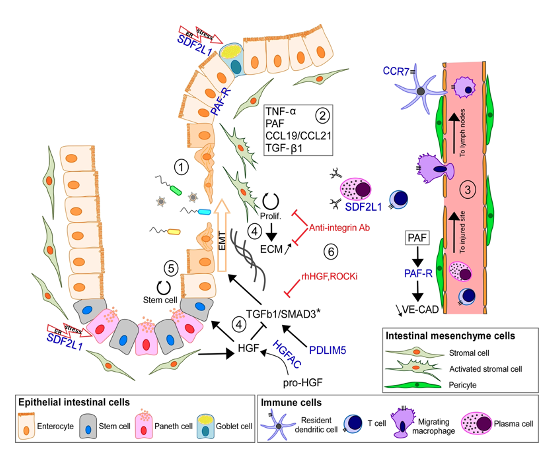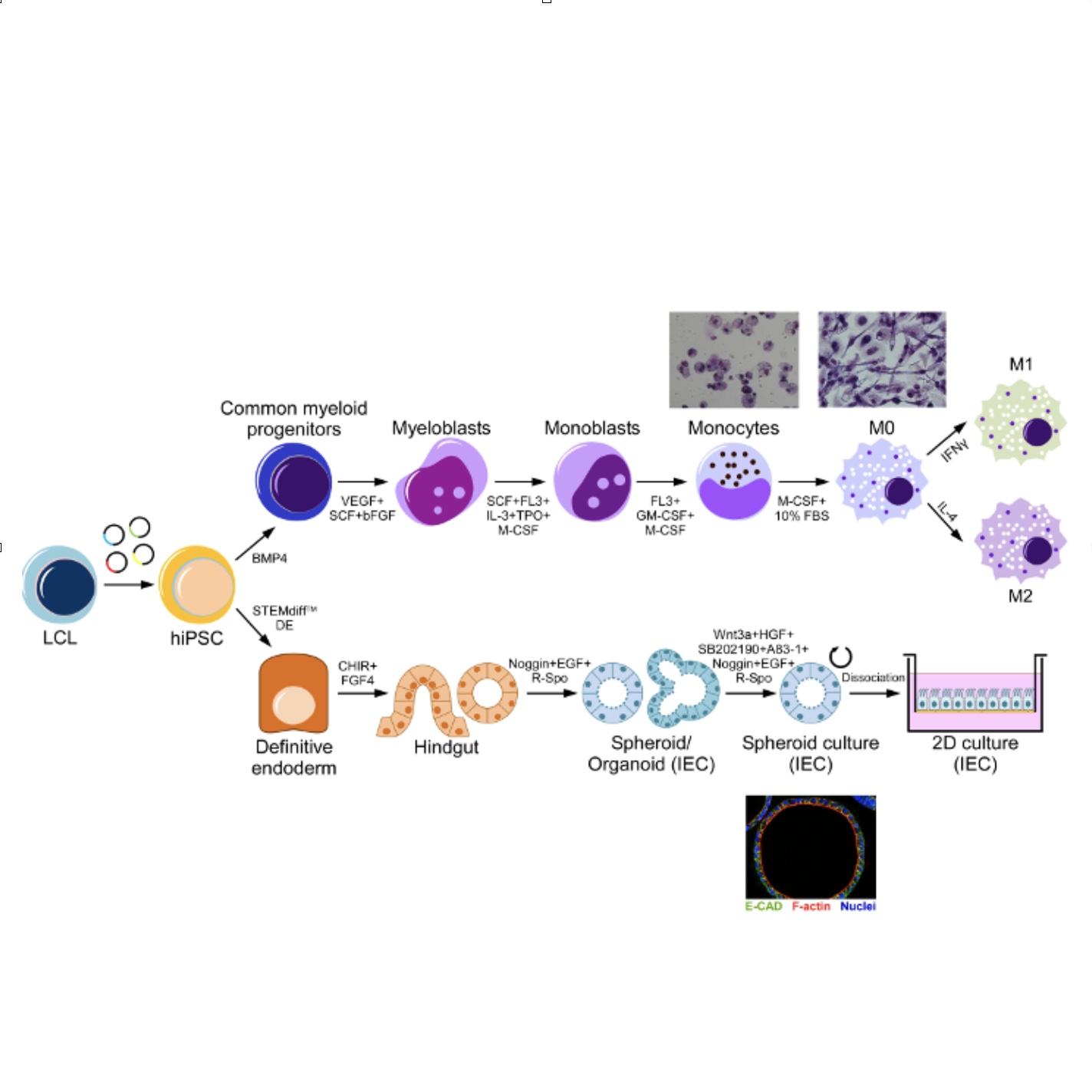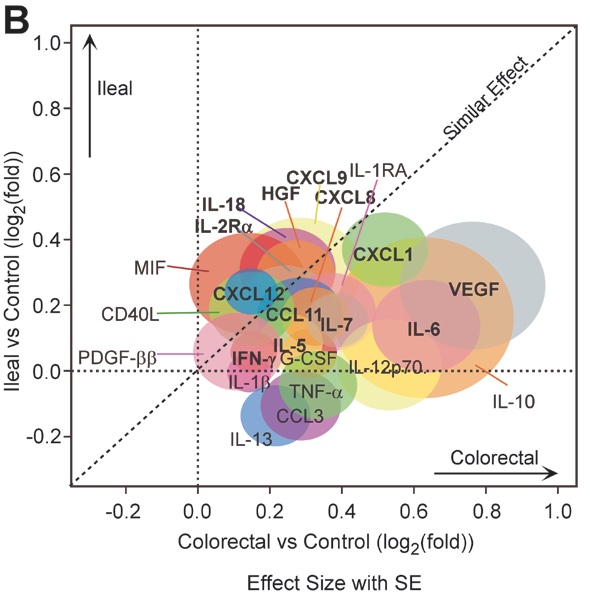(1996-2017) Brief History. The Quebec IBD Genetics Consortium (QIGC) has its origins (1996-2002) in a group of five academic clinical centers that collected DNA samples and clinical information for IBD genetics projects. In 2002, it played an integral part in the creation of the North American IBD Genetics Consortium (IBDGC), which was constituted by six different centersLire la suite « Quebec IBD Genetics Consortium »
Archives de l’auteur : Frédéric Latour
IBD Genomic Medicine Consortium
A Brief History: The iGenoMed Consortium was created in 2012 to take full advantage of existing and emerging genomic technologies and apply these to powerful retrospective and prospective cohorts to better understand the biological differences between patients with IBD and to develop precision medicine approaches to improve diagnosis and treatment of IBD, and to advanceLire la suite « IBD Genomic Medicine Consortium »
Defining the Genes, Variants & Cells Involved in Crohn’s Disease and Ulcerative Colitis
Using a combination of genome-wide association, fine mapping, DNA sequencing and transcriptomic studies we aim to identify causal genes, their protective and predisposing variants, and biological contexts in which they exert their influences. (images from PMID: 25559196, 29420262, 36038634). We aim to define the rare and common variants, both coding and non-coding, that influence an individual’sLire la suite « Defining the Genes, Variants & Cells Involved in Crohn’s Disease and Ulcerative Colitis »
Elucidating the cell circuitry in human epithelial cells and monocytes / macrophages that predispose to, or protect against, IBD
Patient blood, Lymphoblastoid cell lines (LCLs), or skin fibroblast cells are reprogrammed into hiPSC, and then differentiated in a stepwise fashion either into monocyte or macrophage cultures (top) or into 2D and 3D intestinal epithelial cultures (bottom). These models are used to evaluate the impact of genetic variants on structural and functional characteristics. We aim toLire la suite « Elucidating the cell circuitry in human epithelial cells and monocytes / macrophages that predispose to, or protect against, IBD »
Uncover the biological heterogeneity that is at the basis of clinical heterogeneity in IBD, and develop powerful diagnostic and prognostic biomarkers & tools.
We aim to unravel the biological heterogeneity of CD and UC using genetic, genomic and immunologic profiling of patient blood and stool samples and a subset with intestinal biopsies/surgical specimens, with a particular focus on incident cases of CD and in longitudinal studies of response to therapy in CD and UC. This enables us toLire la suite « Uncover the biological heterogeneity that is at the basis of clinical heterogeneity in IBD, and develop powerful diagnostic and prognostic biomarkers & tools. »


